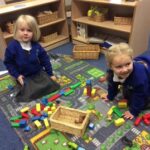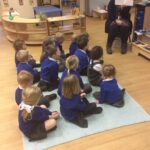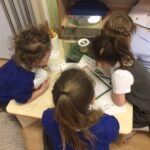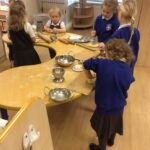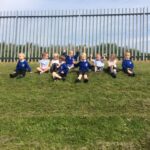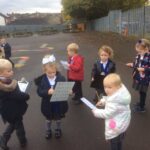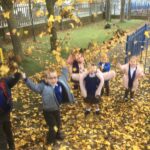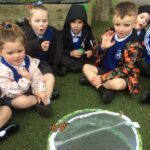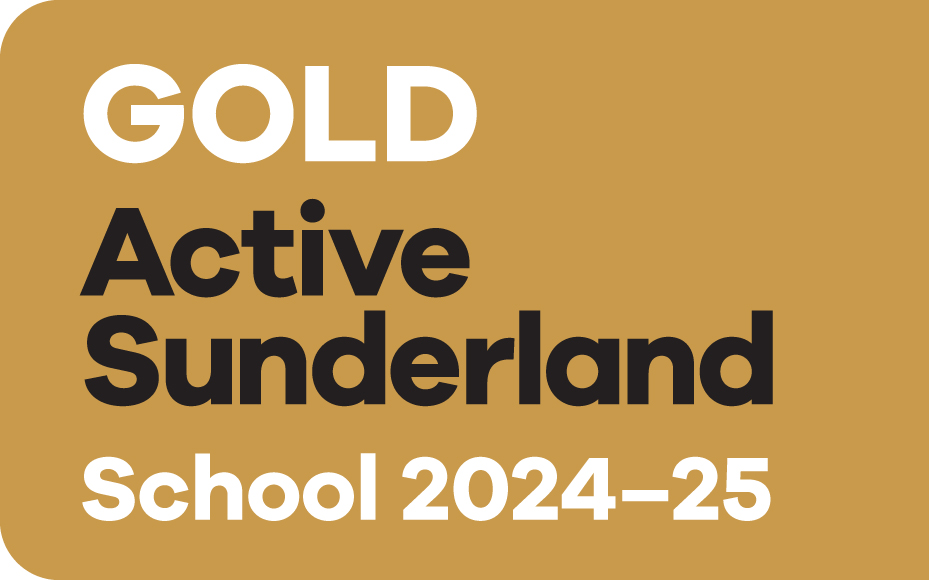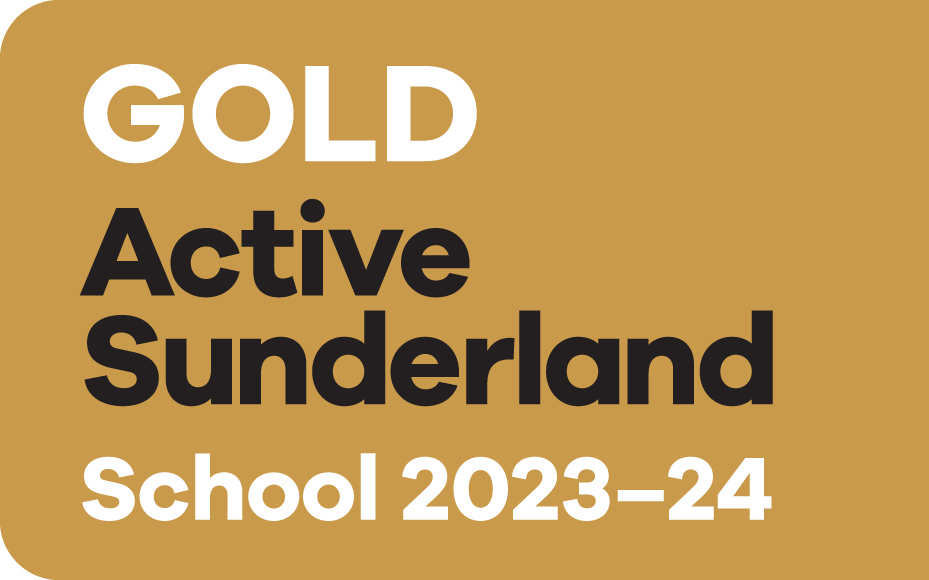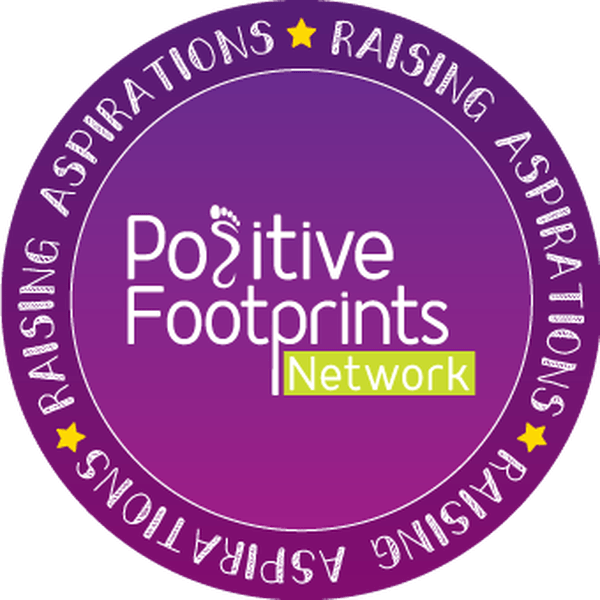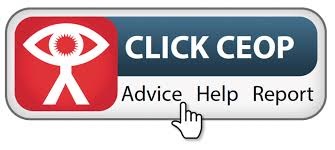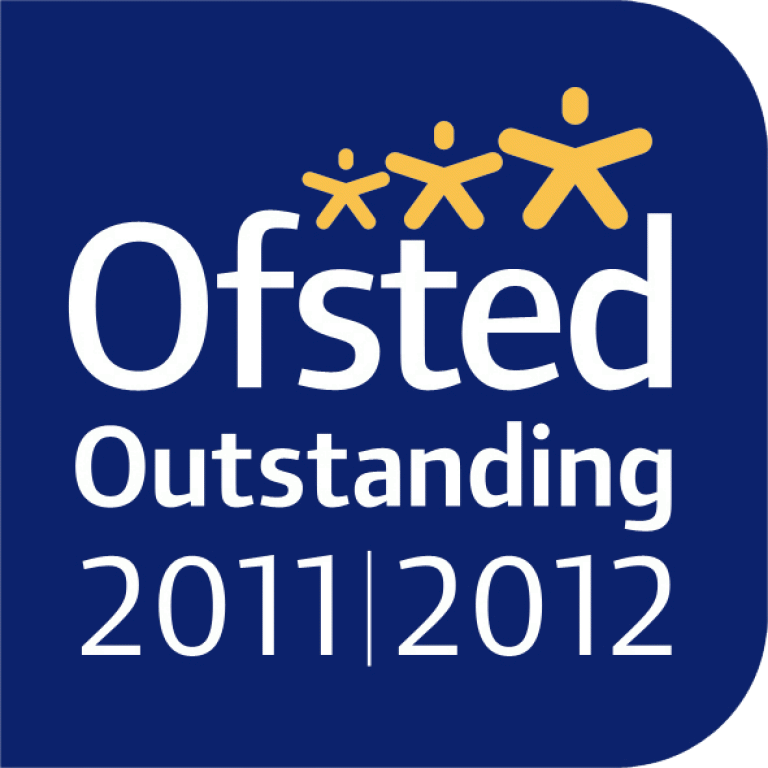Intent
At St John Bosco RC Primary the EYFS refers to our Early Years Foundation Stage Unit which consists of our morning and afternoon Nursery classes and Reception class. In our Early Years unit we work in partnership with parents and carers to encourage children to develop into happy, independent, resilient, life-long learners. The EYFS curriculum is designed to build on existing knowledge and skills, whilst offering a wide range of purposeful indoor and outdoor experiences that foster natural curiosity, enthusiasm, motivation for learning and challenge.
We place a strong emphasis on the religious, spiritual, moral, social and cultural development of all our children. We recognise the importance of positive relationships; with children being encouraged to become well-rounded and sociable through the modelling of positive interactions and language at all times throughout our school family. We employ a child-led problem solving approach to conflict resolution and hold children responsible for their actions and behaviour. We teach about honesty, co-operation and respect. While teaching children to be assertive, we balance this with empathy and understanding for others and support children to solve their friendship problems independently, where possible
The EYFS Curriculum
The St John Bosco EYFS curriculum is designed to:
- Value parents as their child’s first educator with every effort made to share the curriculum and offer tools and strategies to continue school learning at home.
- Promote and recognise the value of child-initiated play.
- Recognise the importance of both indoor and outdoor experiences.
- Develop the characteristics of effective learning:
Creating and thinking critically: children have and develop their own ideas, make links between ideas and develop strategies for doing things.
Active learning: children keep on trying if they encounter difficulties and enjoy their achievements.
Playing & exploring: children investigate and experience things, and ‘have a go’.
- Nurture and develop strong, positive attitudes where children become proud and respectful of themselves, others and their environment.
- Support children to, at least, reach the Early Learning Goals at the end of the Foundation Stage and encourage all children make at least good progress from their individual starting points.
- Prepare children for their transition into Key Stage 1.
Implementation
Across the EYFS, we follow the ‘ Statutory Framework for the Early Years Foundation Stage’, published in March 2021 by the DfE. This Framework specifies the requirement for learning and development in the Early Years and provides prime and specific areas of learning that we must cover in our curriculum. These are:
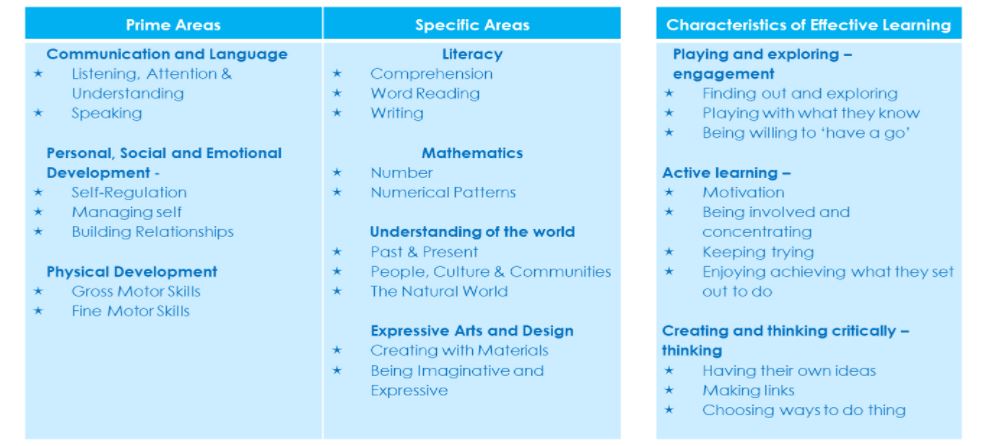
Curriculum Overviews
- Nursery Curriculum Overview 21-22
- Reception Curriculum Overview 21-22
- Nursery – Autumn 1
- Reception Autumn 1
We inform and meet regularly with parents and carers to ensure children’s transition into school and through the EYFS is a happy experience and allows them to reach their potential with the support needed. This includes pre-entry home visits, parent meetings, Phonics/ Reading/Writing and Maths workshops, ‘Stay & Play’ sessions, curriculum knowledge organisers, subject support leaflets and parent contributions through Proud Clouds, Learning Logs and Reading Records.
Children in the EYFS learn by playing and exploring, being active, and through creative and critical thinking which takes place both indoors and outside. Our outdoor area is used all year round and in most weather conditions. Across the week children take part in balance of adult-led and child-initiated experiences based on our half-termly topic focus. These experiences are set up and planned to cover the different areas of Learning and Development given in the Statutory Framework for EYFS document and, where possible, follow children’s interests. In Reception class, for those children that are ready, a large proportion of adult-led learning focuses on Reading, Writing and Number.
The garden area has been redeveloped to extend and enhance the outdoor space and specifically provide real outdoor learning that is bigger, louder and messier than activities that take place indoors. We recognise that it is vital that outdoor learning gives different experiences from learning in the classroom and gives the children freedom to explore, run, climb, build, investigate, make noise, dig, move and get messy.
Impact
We want all of our children to enjoy the best possible start to their school life. The impact of our curriculum is determined by assessment procedures which allow us to measure end of year outcomes against all schools locally and nationally. The impact will also, in fact, be measured by how effectively the curriculum helps our children develop into well rounded individuals who embody our values and carry with them the knowledge, skills and attitudes which will make them lifelong learners and valuable future citizens.
We endeavour to ensure that our children’s progress across the EYFS is, at least good, from their individual starting points. We also strive to ensure that children, at least, reach the Early Learning Goals at the end of the Reception year and are Key Stage 1 ready.
In order to achieve maximum impact, from the EYFS curriculum, staff carry out both formative and summative assessments across the year. Class teachers use daily observations to make formative assessments which inform future planning and ensure that all children build on their current knowledge and skills at a good pace. Each term summative assessment compares children’s attainment to age related expectations using checkpoints based on the revised Development Matters document. This is tracked to identify children at risk of delay and to ensure rates of progress are at least good for all children, including vulnerable groups such as those with SEND or who are disadvantaged. Assessment judgements are moderated both in school and externally within a cluster of other local schools.
 Show Search
Show Search

